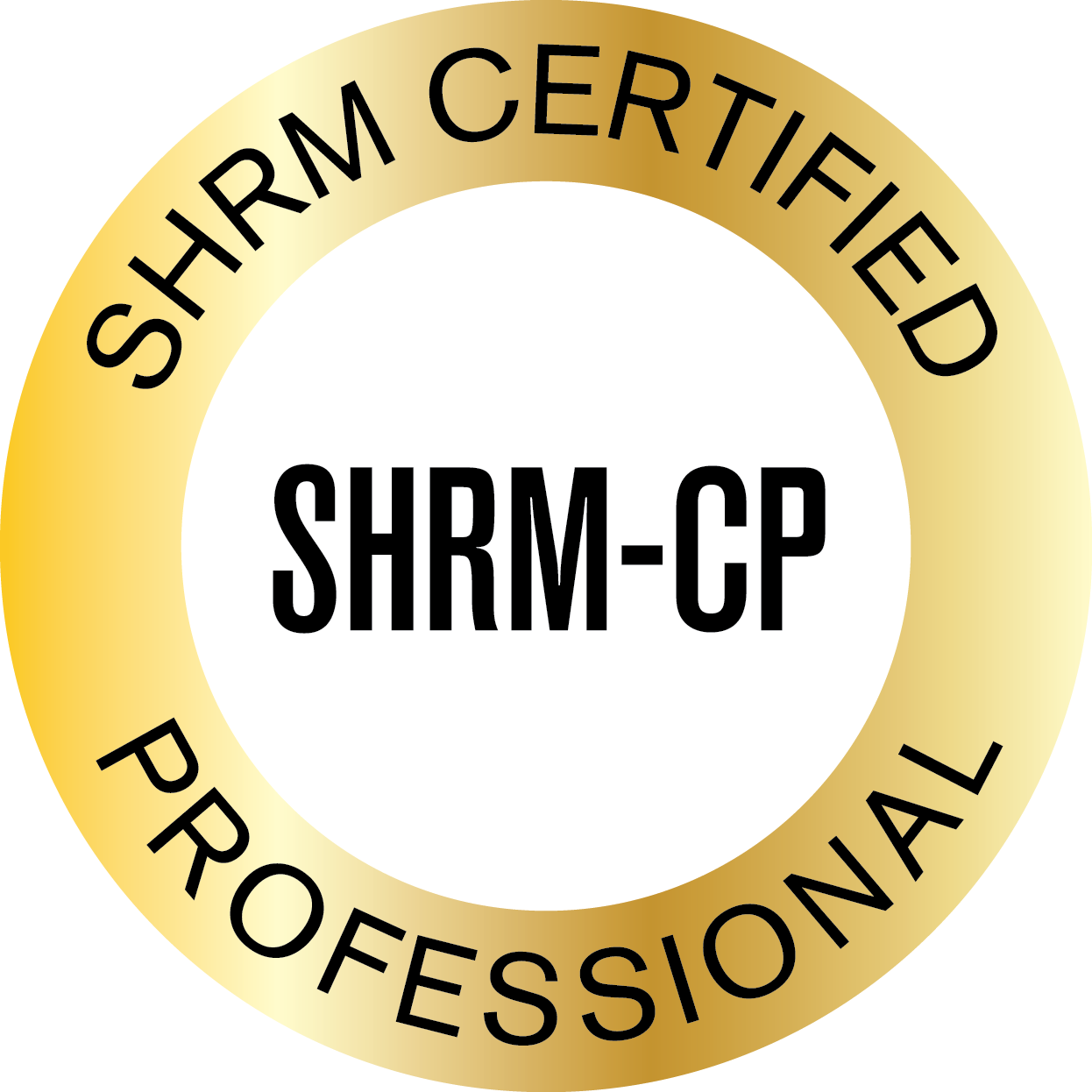I have been in the field of Human Resources for 30 years and in that period I have seen a lot of poor interviews, but recently I have seen a different level of poor interviews, which will be the focus of this article today. I call them, "people who have no clue what the purpose of an interview is.”
Recently, I have seen an emergence of interviewees who seem to be unclear of the purpose of the interview. For these individuals, interviews serve employers as a mechanism to eliminate bad applicants with the view to selecting the “best fit” for their organization. As interviewing is expensive, there is no time to waste when conducting them. As such, the interviewee (applicant) has a short time to sell themselves and their skills. I often laugh when applicants with little experience, demand high salaries, don’t research the company they are interviewing for or say nonsense like “ i will take vacation from my current employer to see if i like the job first”. Truly classic moments, that makes for a short interview and a quick reject letter.
A successful interview is when the applicant can skillfully sell themselves leaving the interviewer wanting to see more from them that will lead to the hire or an assessment before the hire. Recently, due to the amount of “untruth” being reported on resumes, interviewers have been left to request NIB contribution reports to verify work history, request sign off for police reports- that gives more details into criminal past and request written references from past employers. To be honest, I have found that the last item is sometimes useless because some past employers aren’t honest enough to state the issues they had with the employer to prevent negligent hiring on the part of the new employer. Both parties, have the opportunity to ask questions during the interview to determine the suitability of the other party. The applicant has the easiest job…Just sell yourself, your past work experiences and your education. With this information, you simply present that in an articulate manner that will help the interviewer get a feeling that you are being truthful in what you say.
How to prepare for the best interview:
- Research the company- potential employers like to know that you took time to research their company and that you are prepared with what they do, how they do it and you are curious enough to want to be.a part of the service enhancement of the company. DONT CRITICIZE, BECAUSE YOU DON’T KNOW, rather, ask questions to fill in mental gaps.
- Look the part for the company- It’s often scary conducting interviews because you are unsure of the image that will walk through the doors. Professional photos on resumes are often misleading when it comes to the real person. If the company’s image projected in online website photographs is business casual, attend the interview in business casual attire and so on. Always be properly groomed. This goes for males and females. Employers have a choice, you are looking to join their team so impress them accordingly. Remove controversial items such as nose rings, earrings on males, excessive jewelry, these distract during an interview and adds no value for you. You are free to ask questions relating to the use of these items in the workplace should you be hired. DONT JUST SHOW UP WITH THEM ON FOR DAY 1.
- Bring an extra resume that is updated to suit the job being applied for. Often, applicants have lengthy resumes that they send out generally with bullets, no exact dates of tenure etc. When you are called for an interview, amend the resume so that it gives more details of tasks completed that is more specific to the job applied for. At this point, you should have seen a job description or jog summary and can easily adjust as needed.
- Always bring manners to an interview- Simply things, like saying good morning, asking how is interviewer’s day going or even, commenting on office decor, goes a long way to “warm up” the interview. Be sure to shake hands, if hands are extended by the interviewer. Covid has altered this somewhat but some interviewers still do this.
- SILENCE ALL CELLPHONES OR DON’T BRING THEM AT ALL.
- Take notes during the interview and prepare questions- Saying you don’t have questions only shows, you weren’t listening and didn’t prepare.
- Avoid comments like. “ I want this job to enhance my resume or I just want experience because I have a degree with no experience” These comments get you out the door quickly.
- If asked for a salary range, give it- Employer use this question to eliminate applicants who aren’t in their salary range. Rather than say negotiable and when offered the position, the salary is too low and you reject it. Simply state your last salary for the similar position and add that you are happy with a range beginning at that number and go up 100 more per week. Ask the interviewer if that is within their range. DON'T TRY TO APPEAR GREEDY BECAUSE YOU DON’T KNOW THE JOB WITH THIS COMPANY AS YET. Also money alone doesn’t motivate.
- Always be eager to prove yourself first prior to seeking more money and say this.
- Finally, come prepare with due diligence documents such as passport, NIB, references etc. This shows that you are prepared to take the next steps, if asked to do so. Professional entities will always request these. Applicants who they have to pursue to get these, will normally won’t join the team as it shows lack of initiative.
Interviews should be a casual conversation about you, that’s all everyone is there for, to learn about you. Make it worth the time and blow away any competition.
Article by Jacquelyn Beneby CEO The Human Resources Solutions Group Ltd www.humanresourcessolutionsgroup.com
